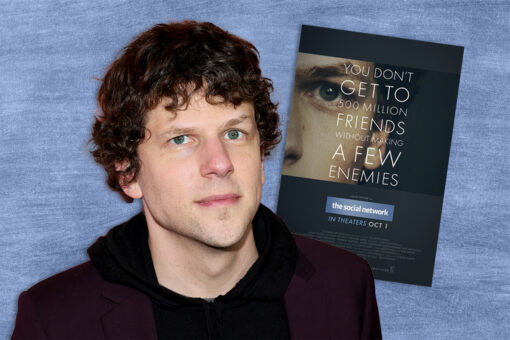When I moved into my first year dorm three years ago, I knew there was a significant likelihood that I’d be one of very few Jewish students. I chose to go to a small liberal arts school in rural Iowa, one with a population of just over 1,000 students, and while I had done my research and emailed the campus Hillel, I knew that Jews were absolutely not in abundance.
I was coming fresh off a strong reconnection to my Judaism, leaving behind my close-knit congregation in a larger metropolitan area for small-town Midwest living, and I was just happy that my school had a Hillel at all. Thankfully, I’ve been wonderfully blessed with a surprisingly Jew-ful college experience despite my location. I’m majoring in Religion with a focus in Judaic Studies, I’m president of my school’s Hillel, I spent my summer working in outreach for a nearby synagogue and I’m doing all of this in preparations for rabbinical school applications, as living Jewishly has proven to be my favorite way to live.
But I have found my strongest sense of community in a place I would have never expected before I got here — Greek life — and it feeds my Jewish soul as much as any of my more explicitly Jewish activities.
My college has only local Greek life, meaning that we have no national charters to report to. We’re so small, we don’t even have Greek houses. We all host pledging over the same weekend, which includes an all-Greek lip sync battle that might as well be an all-Greek fight to the death. I was overjoyed to discover that there was a fraternity on my campus that accepted people of all genders, and while I entered college with relatively low interest in Greek life, I ended up proudly pledging to my fraternity during my freshman year.
It’s true that Greek life has a strong history in Jewish culture, with groups like AEPi and AEPhi being known amongst many American college-aged Jews, but joining a tiny fraternity at a tiny rural college comes with its own set of experiences. What’s strange is that I didn’t realize just how Jewish those experiences would be.
I was one of only two future pledges to attend the service event hosted by my frat during rush season, and it completely changed my outlook on Greek life. I’d already been going to parties, but painting a shed at a barn 40 minutes away from my campus absolutely changed everything for me. At the time, there were eight active members, and my pledge class added another 10. I got to see how this group of people worked together, how they loved the brotherhood they built together and how they had a strong desire to make the world a better place. It is worth mentioning that while we accept members of all genders, we continue to utilize masculine language like “fraternity” and “brother,” as we feel the specific relationship of a brother is one that goes beyond gender. Additionally, our group was historically exclusive to men, with the official shift towards gender neutrality occurring in 2017, though there had been several women who had pledged in the decades prior.
The principle of “tikkun olam,” to repair the world, is very important in Judaism, and plays a consistent role in the lives of Jewish people. How do we as individual Jewish people fulfill this principle of bettering the world around us? What can we do to have a positive impact on others? The conversations about tikkun olam taking place around me have encouraged me to reflect heavily on what tikkun olam means to me, and how I can implement this ideal in my day-to-day life. Upon reflection, I found that I was always coming back to my fraternity.
My fraternity has a requirement of 12 community service hours per semester, but we strongly encourage our brothers to exceed this amount. We have designated service chairpeople on our executive board who plan events and count our service hours to help our presence in the external community. We boast our history of raising money for organizations like the Trevor Project, as well as our town’s local ambulance service. For over 30 years, we’ve helped a man in West Branch, IA renovate a historic barn, and have attended talks with the Iowa Barn Society about said barn. Beginning last year, we began a tradition of participating in a local 5k to raise awareness about and support survivors of breast cancer; I prayed before and after. This year, I plan to wear my kippah proudly as I march alongside my brothers, raising money and putting in effort to support survivors of an illness that genetically impacts a significant number of Jewish individuals.
There’s also significance in the amount of service hours expected of us. In Judaism, the number 12 represents wholeness. There were 12 Tribes of Israel, who comprise the whole Jewish people. There are 12 months in the year (13 in the Jewish leap year!). Some children have their b-mitzvah at 12 years old, and this might as well be a grown-up version of the mitzvah project you organize in preparation. Those 12 hours of service make me feel whole, as they put my feet on the ground surrounded by my brothers, friends, and community members. We can be together, making a difference in our community as one weird, gender-neutral brotherhood.
While I knew that fraternity life historically comes with stories of friendship and brotherhood, I did not expect my experience to be as spiritual as it has been. It doesn’t matter that my fraternity isn’t one of Jewish history, because I am Jewish, and I am making history within it, one service project at a time.
If you need me this semester, I’ll be spending 12 hours painting a barn with my brothers.



